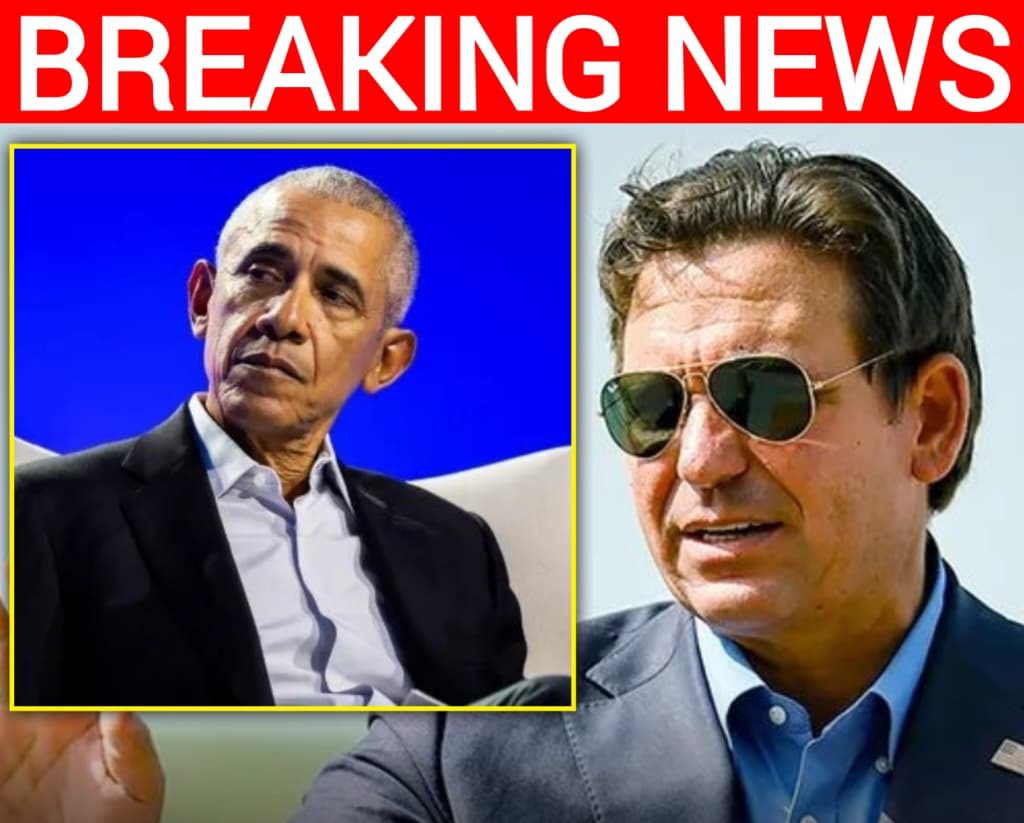Florida Governor Ron DeSantis Unleashes Scathing Rebuke on Barack Obama Over Justice System Hypocrisy – Is This the Spark That Ignites a New Political Firestorm?
In the heart of America’s ongoing battle over trust in institutions, a sharp exchange between two political heavyweights has captured the nation’s attention, stirring emotions and reigniting old debates about fairness, power, and accountability. On a crisp October day in 2025, former President Barack Obama stepped into the spotlight with a passionate plea for preserving the integrity of the justice system, warning against the dangers of political meddling that could erode democracy itself. His words, delivered with the gravitas of a leader who once navigated the highest office, resonated with those fearful of authoritarian drifts, but they quickly drew a blistering response from Florida Governor Ron DeSantis, who accused Obama of blatant hypocrisy rooted in his own administration’s controversies.
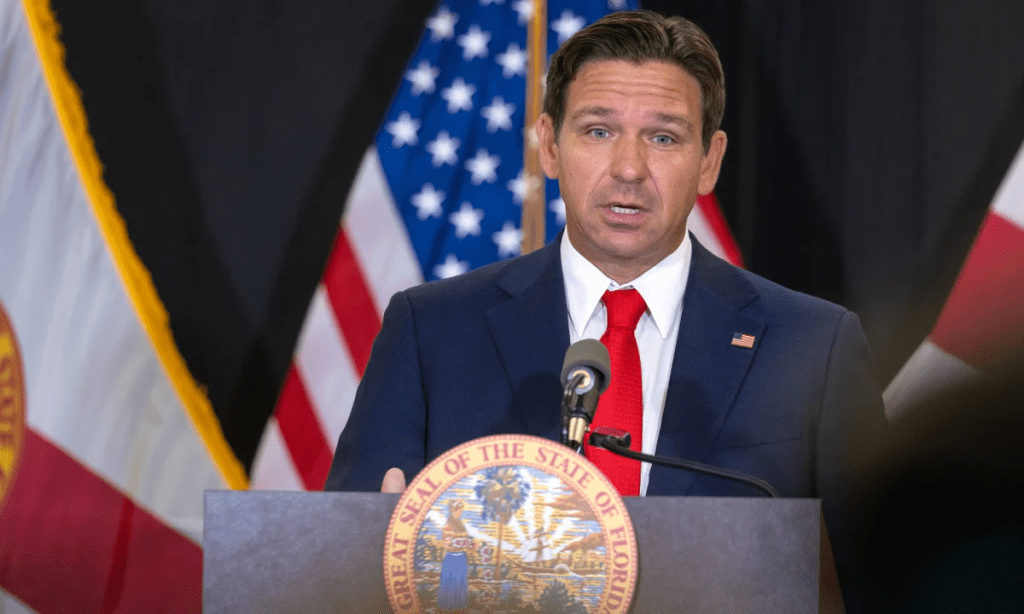
Obama’s remarks came during a public address on October 13, 2025, where he painted a vivid picture of global threats to democratic norms. “We don’t want kangaroo courts and trumped up charges,” he declared firmly, emphasizing the need for the court system, the Department of Justice, and the FBI to operate without political interference. He spoke of a rising wave of authoritarianism, where politicians target civil society, undermine press freedoms, and weaponize the justice system against opponents—actions he likened to those in regimes the United States has long condemned. For many listeners, Obama’s message evoked a deep sense of urgency, a call to protect the foundational principles that bind the nation together, especially amid concerns about how law enforcement might be wielded in divisive times. It was a moment that felt personal, reminding Americans of the fragile trust that holds society steady, and how easily it could fracture if leaders prioritize power over principle.
Yet, scarcely a day later, on October 14, 2025, DeSantis countered with unyielding force, turning Obama’s words back on him in a way that highlighted the deep partisan rifts still simmering in the country. Speaking out publicly, the Florida governor didn’t mince words: “Says the guy who presided over the fabrication of the Russian collusion narrative and the IRS targeting of conservatives.” His retort, shared widely across social media and news outlets, struck at the heart of long-standing Republican grievances against Obama’s tenure. DeSantis referenced the 2016 investigations into alleged Russian interference in the U.S. election, which critics on the right have long dismissed as a politically motivated hoax designed to undermine then-candidate Donald Trump. He also pointed to the IRS scandal from 2013, where the agency was accused of unfairly scrutinizing conservative groups applying for tax-exempt status—a controversy that led to congressional hearings and apologies from officials, though no criminal charges were filed against top leaders.
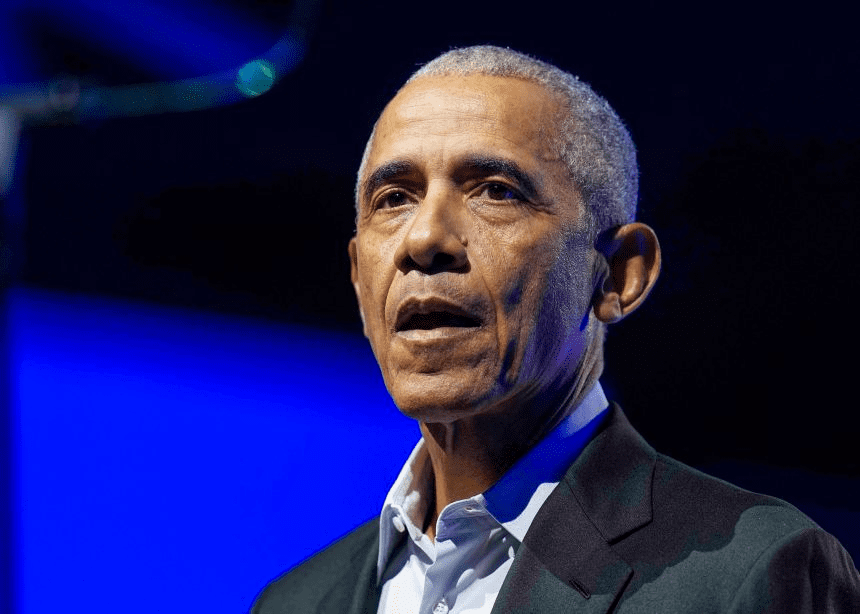
This clash isn’t just a fleeting headline; it taps into the raw emotions of a divided electorate, where memories of past scandals fuel skepticism about who truly upholds justice. For DeSantis’s supporters, his bold stand feels like a much-needed defense against what they see as selective outrage from Democrats, a reminder that accountability should apply to all sides. They applaud his track record in Florida, where he’s championed conservative policies on everything from education to immigration, positioning himself as a no-nonsense leader unafraid to challenge Washington elites. On the other hand, Obama’s defenders view his warnings as prescient, drawing from his experience to highlight real risks to democratic institutions in an era of heightened polarization. They argue that dismissing his concerns ignores the broader context of threats to impartiality, especially as debates rage over how to handle investigations into political figures.
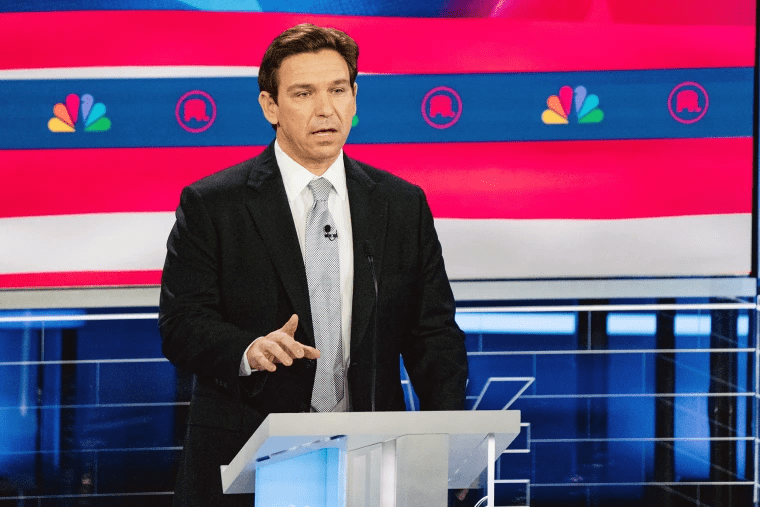
The exchange unfolded against a backdrop of broader national tensions, with Obama also critiquing concessions made by businesses and institutions to controversial policies under recent administrations. He urged a return to core values, stressing that the justice system must remain a neutral arbiter, free from the taint of partisanship. DeSantis, ever the fighter, used the moment to reinforce his image as a guardian of conservative principles, suggesting that Obama’s criticisms ring hollow given the controversies that marred his own presidency. The IRS incident, for instance, involved revelations that applications from tea party groups were delayed and subjected to extra scrutiny, prompting an internal audit that found inappropriate criteria had been used. Similarly, the Russia probe, led by special counsel Robert Mueller, concluded without finding sufficient evidence of conspiracy but uncovered numerous contacts and instances of obstruction, leaving both sides claiming vindication.
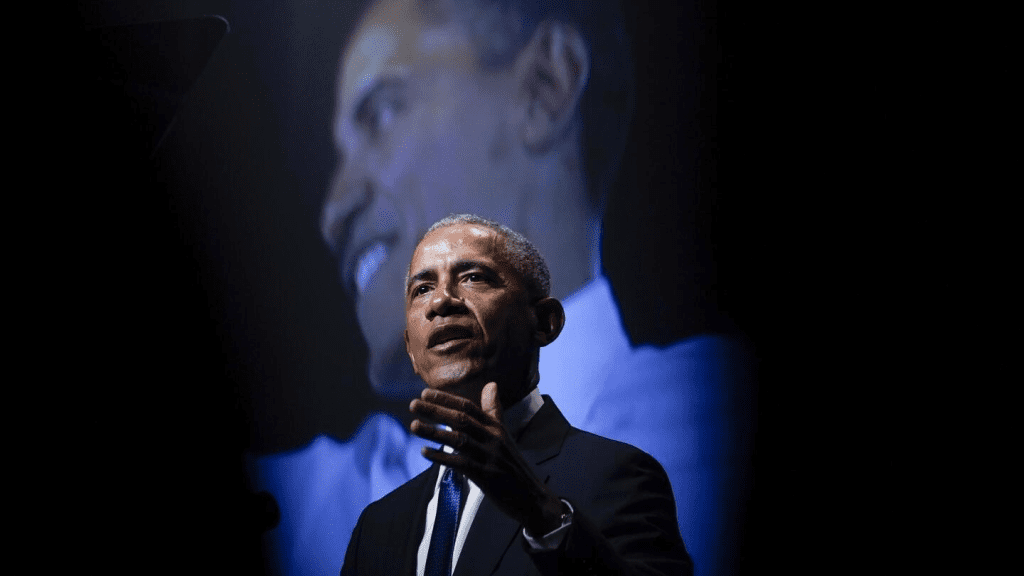
As this verbal sparring spreads through social media, with posts garnering thousands of likes and shares, it evokes a collective sigh from a weary public tired of endless political feuds, yet compelled by the stakes involved. Families across America, from bustling Miami streets to quiet Midwestern towns, feel the weight of these arguments, wondering if true reform is possible or if the cycle of accusation will persist. DeSantis’s pointed jab, amplified by outlets like Florida Voice News, has energized his base, while Obama’s solemn appeal serves as a rallying cry for those committed to safeguarding democracy’s guardrails. In a confident nod to balance, both men articulate visions of justice that, while opposing, underscore a shared ideal: a system that serves the people without favoritism.
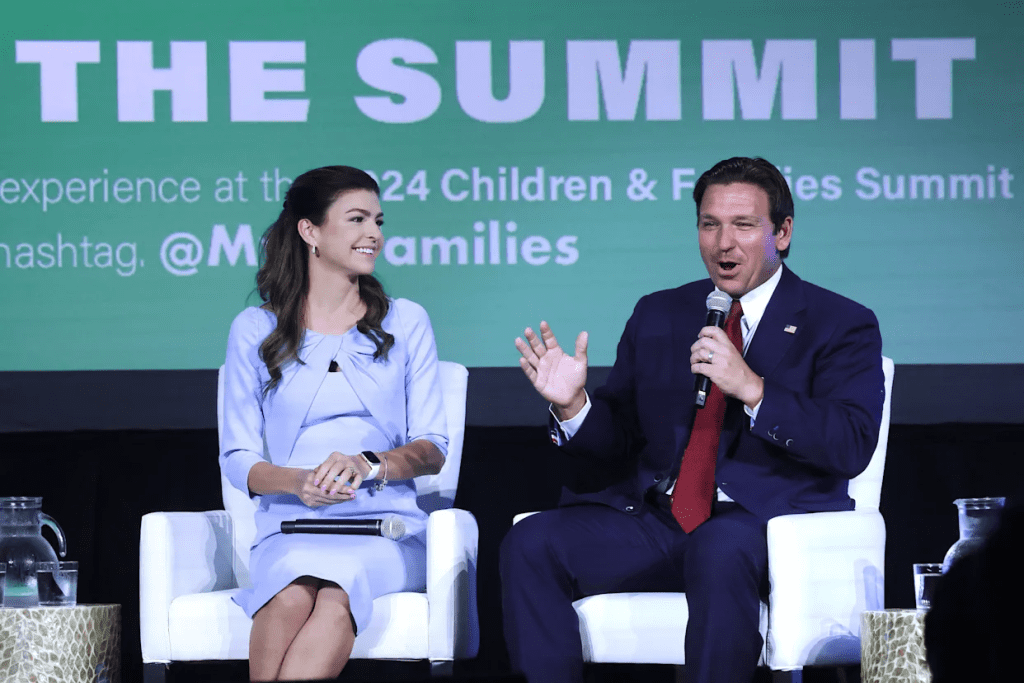
Ultimately, this confrontation is more than a personal duel—it’s a mirror reflecting the nation’s soul-searching over trust and truth. As the dust settles, one can’t help but feel the emotional pull of hoping for leaders who bridge divides rather than deepen them. Whether this sparks meaningful dialogue or further entrenchment remains uncertain, but it reminds us all that the fight for an impartial justice system is one worth waging, with hearts and futures hanging in the balance.
